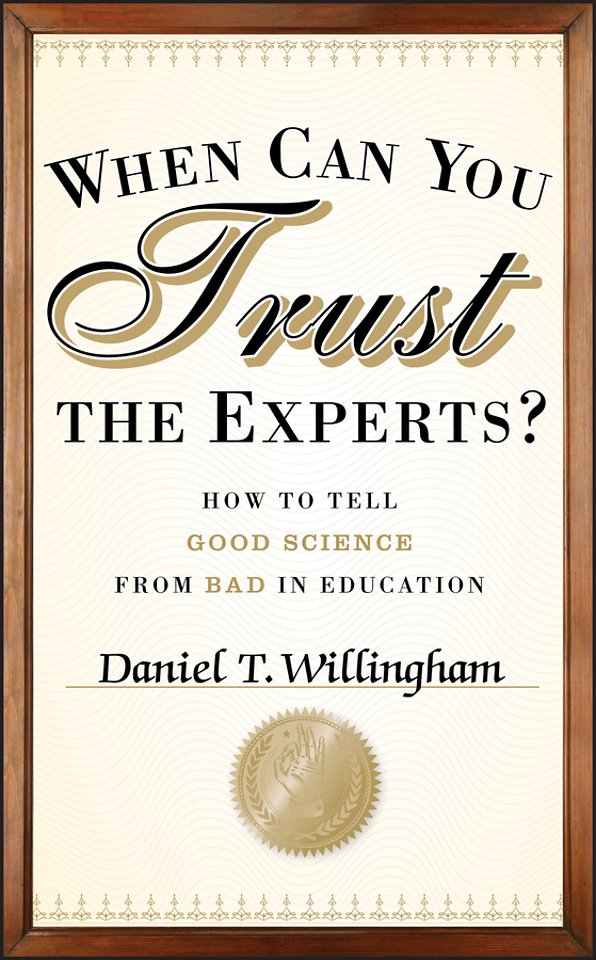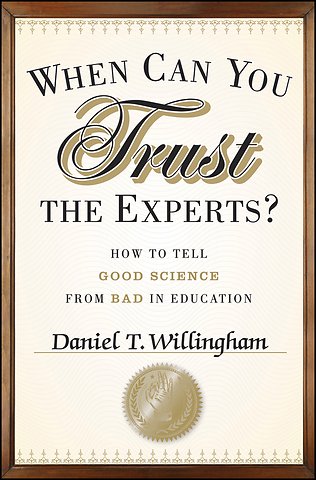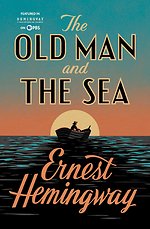When Can You Trust the Experts?
How to Tell Good Science from Bad in Education
Samenvatting
Clear, easy principles to spot what′s nonsense and what′s reliable
Each year, teachers, administrators, and parents face a barrage of new education software, games, workbooks, and professional development programs purporting to be "based on the latest research." While some of these products are rooted in solid science, the research behind many others is grossly exaggerated. This new book, written by a top thought leader, helps everyday teachers, administrators, and family members who don′t have years of statistics courses under their belts separate the wheat from the chaff and determine which new educational approaches are scientifically supported and worth adopting.
-Author′s first book, Why Don′t Students Like School?, catapulted him to superstar status in the field of education
-Willingham′s work has been hailed as "brilliant analysis" by The Wall Street Journal and "a triumph" by The Washington Post
-Author blogs for The Washington Post and Brittanica.com, and writes a column for American Educator
In this insightful book, thought leader and bestselling author Dan Willingham offers an easy, reliable way to discern which programs are scientifically supported and which are the equivalent of "educational snake oil."
Specificaties
Inhoudsopgave
Acknowledgments xii
Introduction: What Are You to Believe? 1
PART ONE Why We So Easily Believe Bad Science
CHAPTER 1 Why Smart People Believe Dumb Things 31
CHAPTER 2 Science and Belief: A Nervous Romance 57
CHAPTER 3 What Scientists Call Good Science 81
CHAPTER 4 How to Use Science 107
PART TWO The Shortcut Solution
CHAPTER 5 Step One: Strip It and Flip It 135
CHAPTER 6 Step Two: Trace It 167
CHAPTER 7 Step Three: Analyze It 183
CHAPTER 8 Step Four: Should I Do It? 207
Endnotes 223
Name Index 237
Subject Index 243
Vaak samen gekocht
Anderen die dit boek kochten, kochten ook
Net verschenen
Rubrieken
- aanbestedingsrecht
- aansprakelijkheids- en verzekeringsrecht
- accountancy
- algemeen juridisch
- arbeidsrecht
- bank- en effectenrecht
- bestuursrecht
- bouwrecht
- burgerlijk recht en procesrecht
- europees-internationaal recht
- fiscaal recht
- gezondheidsrecht
- insolventierecht
- intellectuele eigendom en ict-recht
- management
- mens en maatschappij
- milieu- en omgevingsrecht
- notarieel recht
- ondernemingsrecht
- pensioenrecht
- personen- en familierecht
- sociale zekerheidsrecht
- staatsrecht
- strafrecht en criminologie
- vastgoed- en huurrecht
- vreemdelingenrecht









